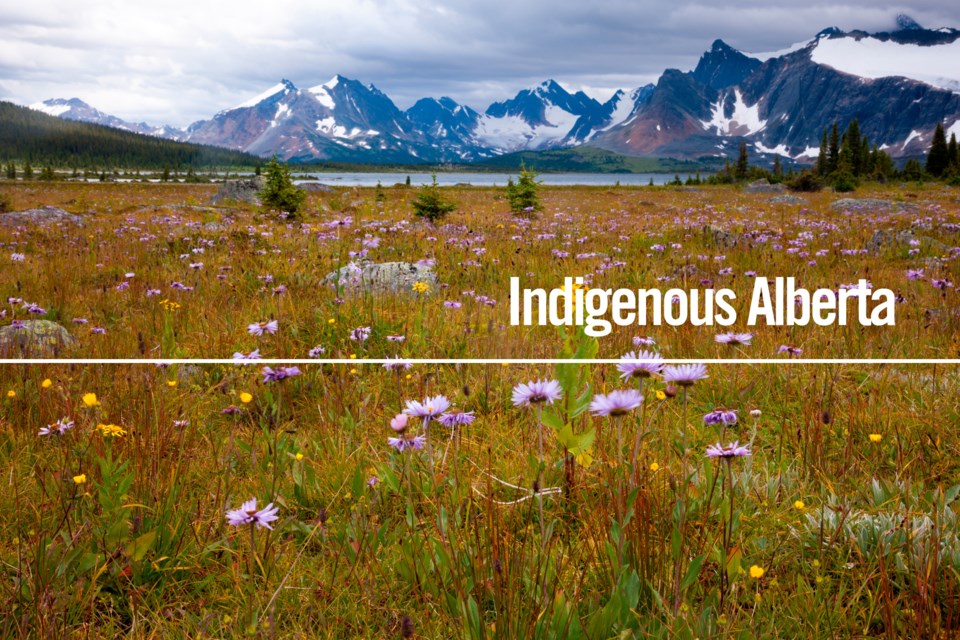Chief Allan Adam of the Athabasca Chipewyan First Nation (ACFN) is asking for an official apology for the historical mistreatment of Indigenous Peoples within Wood Buffalo National Park. The historical concerns are shared by the leaders of the Mikisew Cree First Nation (MCFN) and Fort Chipewyan Métis Local #125.
Adam asked for the apology during a March 18 meeting with federal Environment Minister Jonathan Wilkinson and Ron Hallman, president and CEO of Parks Canada. The meeting originally focused on a $59.9 million federal commitment for conservation efforts in the park, and included 10 other Indigenous communities bordering the national park.
“Ever since 1922 when the park was created, the Athabasca Chipewyan First Nation was removed from the heart of the area and has never returned back to the original homeland of our people,” Adam said in an interview after the meeting. “ACFN members were kept out of the park and our nation was split in half and some of us ended up in Fort Chip.”
Wood Buffalo National Park was created to protect dwindling wood bison herds. Both wood bison and plains bison were hunted to near extinction across North America by settlers in the late 19th century.
Many Indigenous communities sustainably harvested bison for generations, and their loss hurt on a cultural, economic and spiritual level. When the park opened, Indigenous access to the park's bison was restricted and exclusionary. Almost 100 years later, Adam said some people with a treaty right to hunt in the park do not feel welcome to do so.
Chief Peter Powder of MCFN agreed with Adam and said systemic racism within the park is undeniable. He accused park staff of frequently questioning people with treaty rights to hunt and trap within Wood Buffalo National Park.
“If you just look at some of our elders and how they were treated, park rangers would come into different trapping areas and look around and check to see what they killed,” said Powder.
Powder also said MCFN wants the name of the park, which was chosen without Indigenous feedback, changed as a means of moving past the park's negative past.
“There’s a lot of things that happened that were painful for our people,” said Powder. “We want to have more control and more shared governance.”
Adam said Wilkinson confirmed he is aware of these problems and the government will continue working on improving park management.
Powder and Kendrick Cardinal, president of the Fort Chipewyan Métis Local #125, said improving management could mean employing more Indigenous people from the area.
“We want to have more Aboriginal people to be the spokesperson for the traditional areas because they know what the people here want," said Cardinal. "That’s not something someone in Ottawa would know.”
Sarah Williscraft, Local Journalism Initiative Reporter
Read more from Fort McMurray Today



